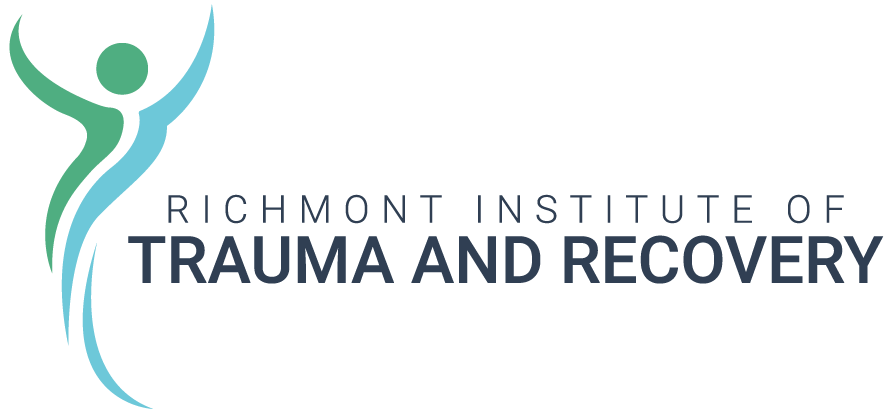Article by

Discovering your spouse has a pornography addiction may cause intense feelings of betrayal. As you try to wade through the life-shattering waters of your new reality, you may feel like you're drowning. At the same time, you may realize you have no idea what you need to feel whole again.
Turning to someone you can trust after learning about your spouse's pornography addiction can be hard. For example, you may feel embarrassed or awkward. Likewise, intense vulnerability may wash over you. At the same time, you may worry about how they'll view you or your spouse. Betrayal can lead to an unknown place of loneliness. So, while discovering a pornography addiction may lead your spouse to recovery, your healing may get left behind.
Discovering your spouse has a pornography addiction can cause so much heartache. In this article, we'll provide three exercises that may help you figure out your needs so you can heal.

3 Ways to Identify Your Needs As Your Spouse Works Toward Pornography Addiction Recovery
Discovering your spouse has a pornography addiction may be the driving force for him to seek help. However, while healing and recovery sound promising for both of you, you're stuck in a place where you don't recognize yourself. You may not know what you need to heal.
Part of the healing process includes getting your needs met. Therefore, learning about the various aspects of your needs offers many benefits. Four areas to focus on include your physical, mental, social, and spiritual needs. Doing this may help you pinpoint the areas that need your attention most.
To figure out your needs, you can start with these 3 simple exercises.
Write Down Your Daily Impressions
Discovering your spouse has a pornography addiction can lead to a wide range of emotions. So, take a moment every day to write down how you're feeling. As you work on various aspects to improve your mental health, this exercise may help you identify progress and problematic areas.
Set Boundaries
The road to pornography addiction recovery can be long and difficult. Therefore, setting boundaries during the process may help you identify what it is that you need. Likewise, boundaries may help you identify areas you're feeling most vulnerable. For example, boundaries may create safety for you. As you talk about specific boundaries with your partner, you can ask yourself what need that boundary might fulfill.
Practice self-compassion
A great way you can begin to identify your needs is to practice self-care. Your spouse is the only one who can decide to work toward pornography addiction recovery. The good news is, your healing doesn't have to wait. As you focus on your emotional, physical, and spiritual needs, you can begin to find your inner strength to get through this.

Restoring Trust After Discovering Pornography Addiction
Trust is needed for relationships to work. However, after discovering your partner's pornography addiction, you may wonder how you can trust again. Fulfilling your need for trust may begin with setting limits and holding boundaries. However, you may need professional help to truly work through the process of healing. A licensed therapist may be able to help guide you and your spouse towards healing and pornography addiction recovery.
At
Richmont University, we help clients dealing with pornography addiction. We may be able to help you identify your needs and guide both of you toward healing. Visit our website today to learn more.






